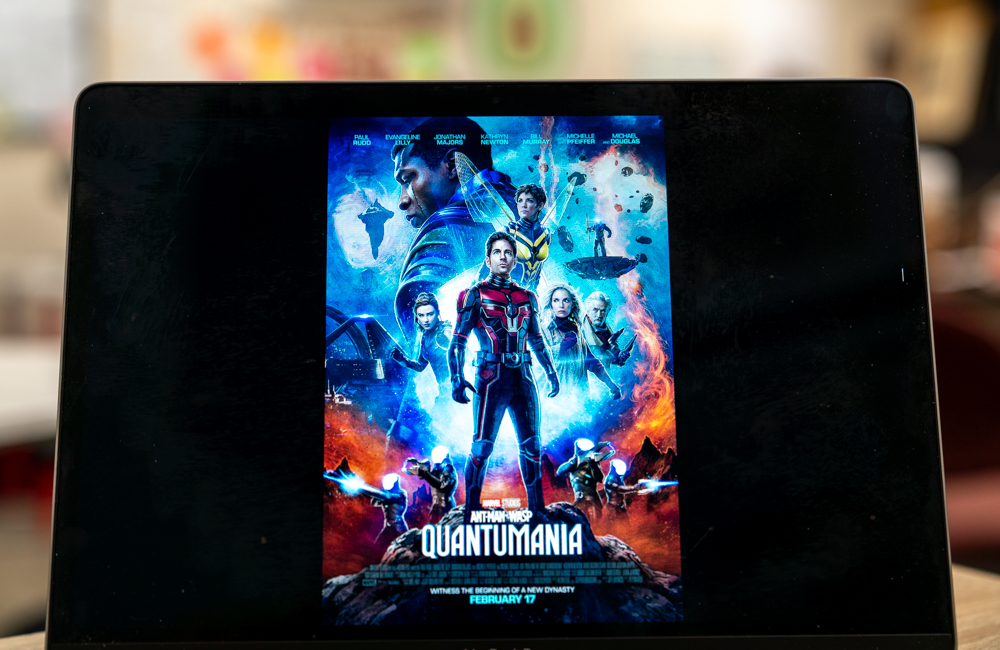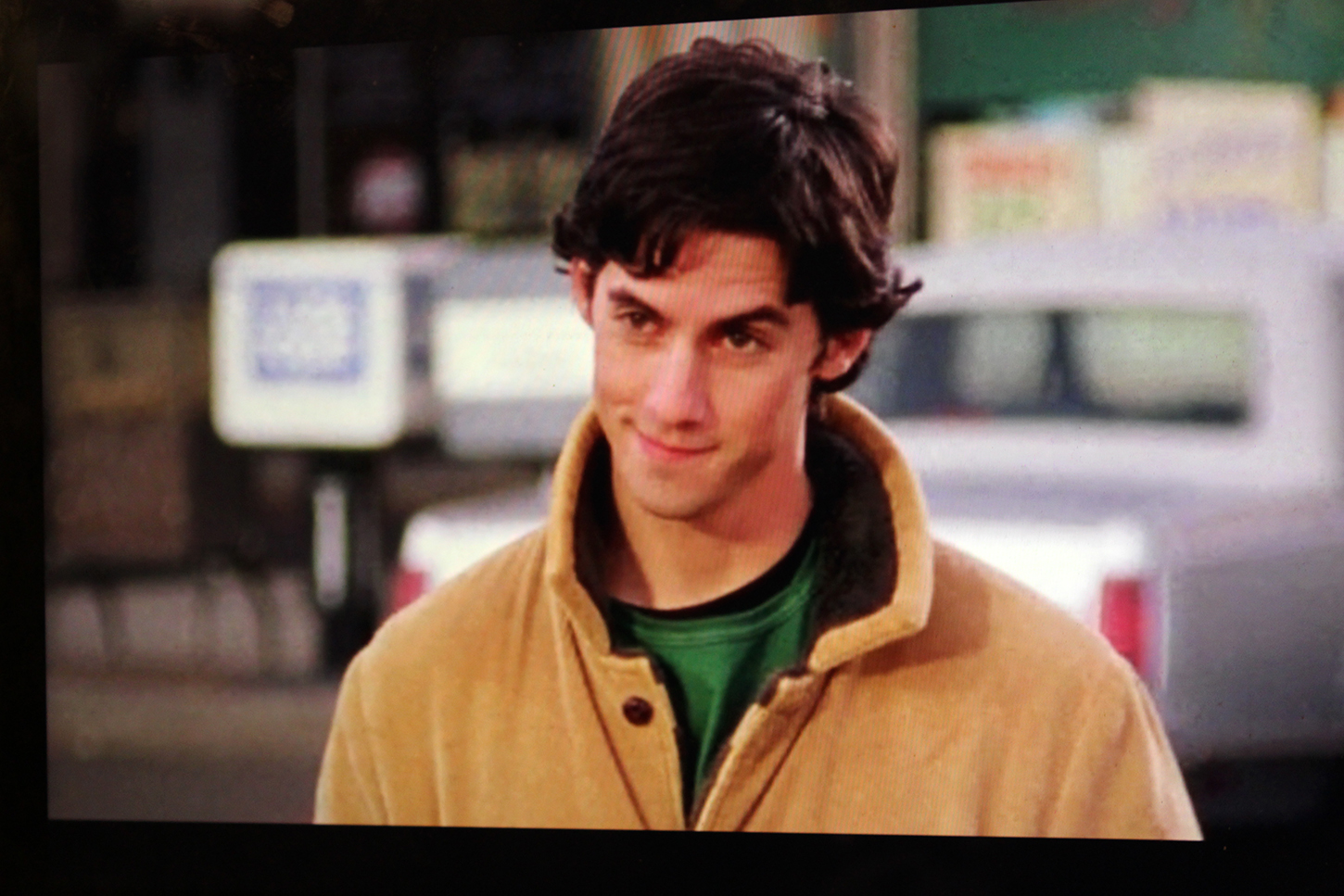Oliver Stone has a penchant for stirring up controversy whenever he makes a film supposedly based on historical events. With subjects from Jim Morrison of The Doors to the JFK assassination to tackling the tragedy of Sept. 11, Stone’s films rarely slip into the box office unnoticed. His most recent film, W., a dramatization of the life of current commander-in-chief George Bush, doesn’t break this mold in the slightest, although its blatant disregard for factual evidence only cements Stone’s reputation as an exaggerator.
The problem with these aforementioned films is that Stone never lets something inconsequential like the facts get in the way of telling the story the way he wants to tell it. Robby Krieger, the guitarist for The Doors, publicly denounced Stone’s film about the band and stated that most of what Stone portrayed never happened. JFK ignited a similar firestorm, as it presented the assassination as a conspiracy and cover-up, even implying that Lyndon B. Johnson had a role in the plot.
W. is more of the same from Stone, and the inevitable controversy will be more of the same as well. Josh Brolin does a pretty good job of nailing the president’s mannerisms, look and speech, and Stone has assembled a star-studded cast to fill out the president’s advisers. There’s Richard Dreyfuss as Dick Cheney, Elizabeth Banks as Laura Bush, Thandie Newton as Condoleeza Rice and a host of other recognizable faces.
But when they’re all conversing in a room, it seems like a bad Saturday Night Live sketch. It’s not witty enough to be satire, but too ridiculous to be taken seriously. With the exception of Brolin, who really does a fantastic job, most of the actors seem to be doing impressions and caricatures ‘-‘- not actually acting.
As in his previous films, Stone ventures into areas where he has no sure footing. For example, he depicted a private conversation between Bush and Cheney in which Bush tells Cheney to ‘keep his ego in check.’ It’s an important scene in terms of Stone’s characterization of his subject, but it has little basis in reality.
‘ Even more troubling are scenes that depict Bush worrying about his father’s approval, at one point even going into a dream sequence in which Bush Sr. (played convincingly by James Cromwell) challenges him to a fight. Stone is obviously trying to make a point, but it has little real-world resonance.
To his credit, Stone doesn’t appear to take sides in the Bush debate. While Republicans won’t likely be fans of the film, Stone does attempt to present both the good and bad sides of the man. But while he may treat him fairly, it doesn’t change the fact that it’s not truthful. The other ‘characters’ are more like puppets, spouting unbelievable dialogue ‘-‘- characters talk about each other’s political history at the slightest provocation, making dramatic scenes feel more like a lecture in which each individual person stands.
In terms of acting among the supporting cast, there’s good and bad. Newton’s Rice is downright annoying, and Powell’s shoes are too big for relative unknown Jeffrey Wright. Rob Corrdry is underutilized as Ari Fleischer, and Scott Glenn bears little resemblance to Donald Rumsfeld. But the Bush family is pretty accurate, with Brolin, Banks, Cromwell and Ellen Burstyn as Barbara Bush all doing fine jobs.
In the end, the film is an oversimplification of the issues and the subjects it is portraying, which is expected given Stone’s limited political knowledge. One can’t help but wonder why, if Stone truly intended to paint an accurate portrait of the man, he didn’t make a documentary instead. Stone’s biographical films do little to get to the core of his subjects and instead sensationalize and dramatize in order to sell tickets. W. is not so much a biopic as it is fuel for the fire, fodder for the debate shows, and if the American peoples’ collective opinion is swayed that easily, then it’s indicative of how we got into this mess in the first place.
A presidential review of W.
By Daily Free Press Admin
•
October 16, 2008
0
Donate to The Daily Free Press
Your donation will support the student journalists of Boston University. Your contribution will allow us to purchase equipment and cover our annual website hosting costs.
More to Discover



























































































































